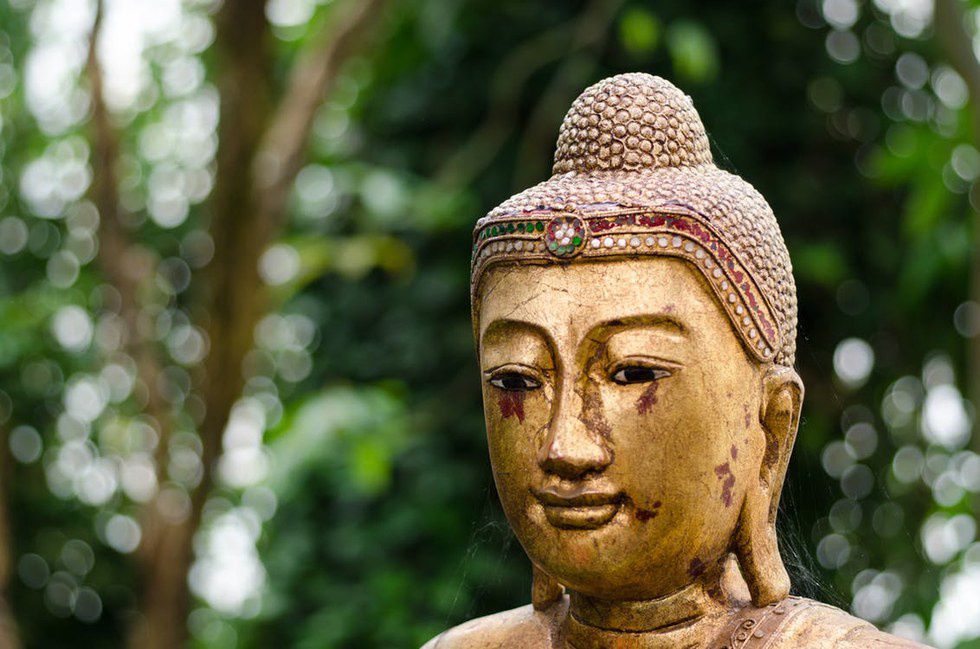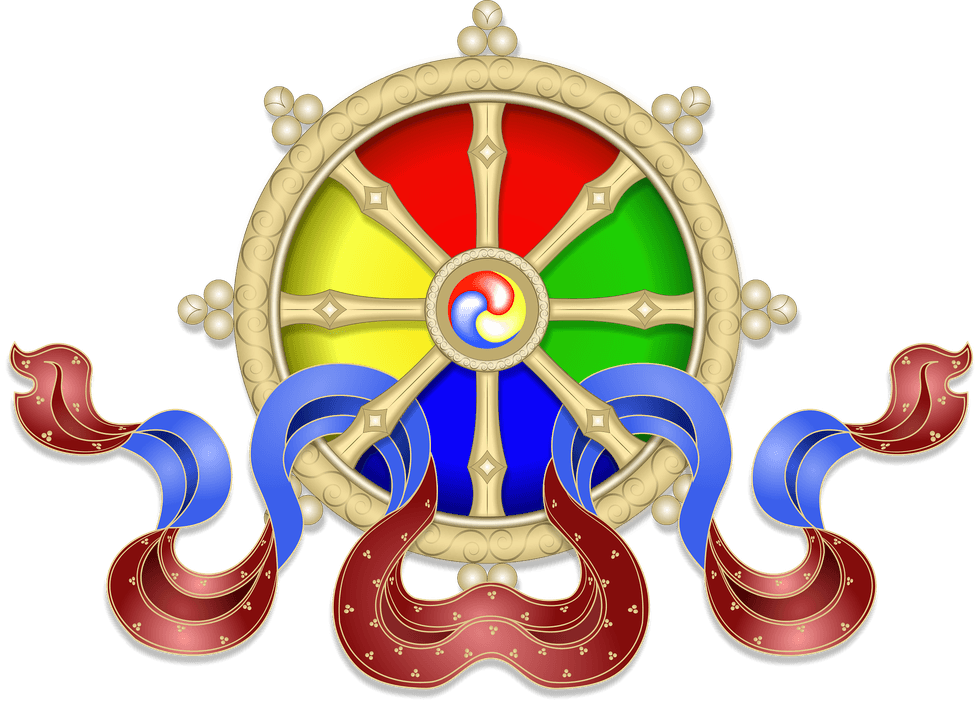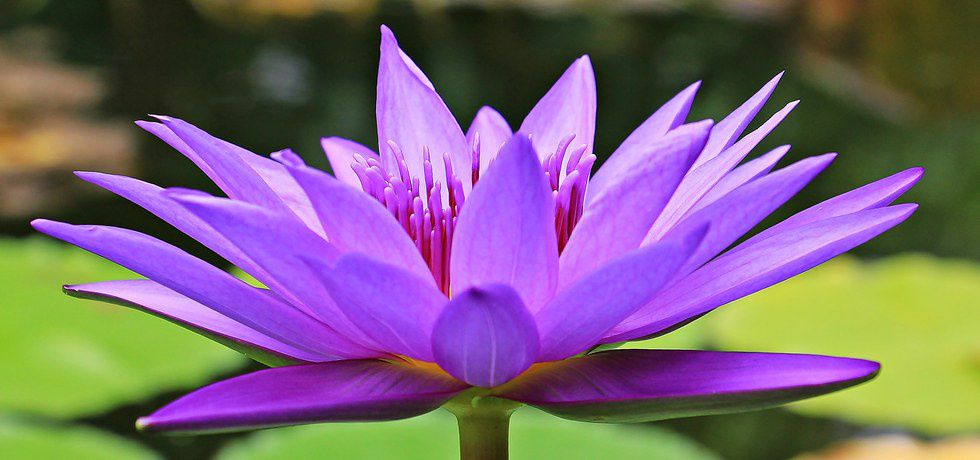A couple of weeks ago I began a course on Buddhism and Modern Psychology through coursera. I have always found the ideas and teaching of Buddhism very interesting and relevant to the issues many people face in life even today. So far the course is giving much insight on the basis of Buddhism, in particular, the Four Noble Truths and the Eightfold Path. As I have been listening to the lectures and reading the resources provided it really struck me just how significant the Buddha's "prescription" for suffering is. It has inspired me to change some of my own ways of thinking and I really wanted to share some of these ideas here. It also has encouraged me to begin a 7-day meditation challenge which I will talk a little about and would be thrilled if anyone else felt the desire to try it out!
THE FOUR NOBLE TRUTHS
It is said that the Four Noble Truths, or the Truths of the Noble Ones, make-up what is the most important teaching of Buddhism and for a good reason! These outline the cause of human unsatisfaction/unhappiness and gives a path to alleviation from this suffering (in Sanskrit: Dukkha).
The First Noble truth explains that life is full of dukkha. This Sanskrit word can be translated into suffering but, as my online professor explains, it is more accurately defined as a lack of satisfaction. Think of when you feel a need to buy something, to eat your favorite junk food, or have sex with someone. Afterward, you feel a little happy, satisfied, and everything is good. But what about an hour after, or a day after? That happiness, that satisfaction, drifts away and you're back at the "eh, everything's alright I guess" level of okayness that is life. Or maybe worse, you're already craving and desiring another round of pleasure and so your waking hours are spent subconsciously knowing you could be happier if only you had more_____.
That sense of craving, the sense of wanting and clinging to material possessions is the cause of dukkha and is the Second Noble Truth, "clinging and craving to temporary states and things is ultimately unsatisfactory and painful." To me, I feel this craving as almost as a sense of apathy, a disinterest for activities and a general feeling that there must be something better for me to do, no matter what I am currently doing. Maybe you can also relate to this described state of unsatisfaction?
For the good new, Buddhism also gives some awesome tools to the cessation of this suffering/ dukkha in the third and fourth Noble Truths. The Third Noble Truth is where the Buddha claimed that through diligent practice, we could end this hamster wheel of seeking pleasure, having a few fleeting moments of satisfaction, and ending up ultimately unhappy. How would this cessation be attained? Well that, my friend, is the Fourth Noble Truth.
The Fourth and final Noble Truth outlines the lifestyle and practices that are said to be the path to freedom of dukkha, providing a sense of enlightenment from within your own spirit. What I love about Buddhism is that anyone can reach this freedom because Buddhism recognizes that the human spirit is naturally and innately good. We like being kind, it feels good to help others, to be honest, and righteous. As early as 500 BC these teachings were being given with the belief that, regardless of what religion you might follow, the human spirit itself is good-natured. The Fourth Noble Truth just lays out what is the Eightfold Noble Path that helps us free ourselves from attachment to temporary pleasures.
The Eightfold Path, to give a brief summary, tells us to practice right speech (not lying or using abusive words), right resolve (being harmless to all living beings hence being a vegetarian is part of being Buddhist), right action (not stealing, killing, committing adultery), right livelihood (possess what is only necessary, not harming others, not using/selling animals for meat or weapons), the right effort and the main two that set apart Buddhism from other philosophies/theologies; the right mindfulness and the right concentration.
Now, what do those first 6 sound like? No stealing, no adultery, no killing, no lying....hmm. Almost every other religious code of conduct, in particular, the Ten Commandments! But Buddhism is not technically a religion, even if you do not believe in a God or higher being, Buddhism provides a code of behavior based on just being a good living being, taking care of yourself, animals, the planet, and others! Amazing!
Regarding the last two in the Noble Path, they spell out the need for meditation. Meditating is said to clear the mind and give a perspective of the world as it really is. Through it, you can channel compassion, joy, and happiness from your own spirit instead of temporary worldly possessions! And that is why I am starting this week with a challenge to abstain from meat, to not lie and to meditate every day for at least 30 minutes.
I really do welcome and invite anyone to try it out! Could you stick to following a meditation ritual for 7 days? No meat either! And of course no lying, stealing, killing, adultery...Now if you're thinking, "but I follow another religion so I can't do that!" you're wrong! Buddhism is not really a religion, the Buddha is not a god and practicing meditation is not exclusive to Buddhism either! The benefits from just sitting and focusing on breath are significant and worth spending 10-30 minutes cultivating! I hope learning a bit about this with me might motivate you to try it out! I'll let you know next week how it goes as I make meditation a part of my daily routine!!
























